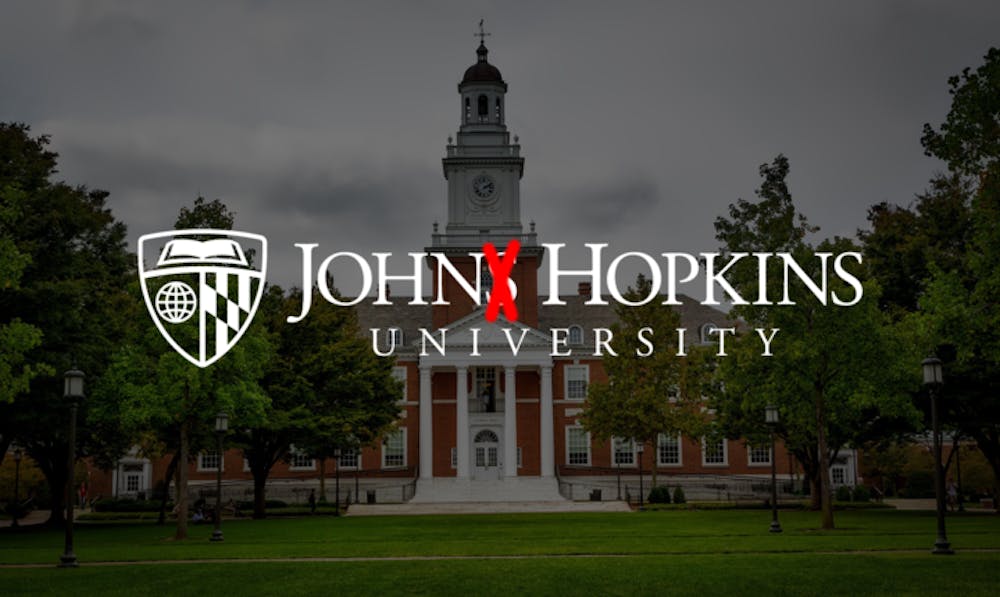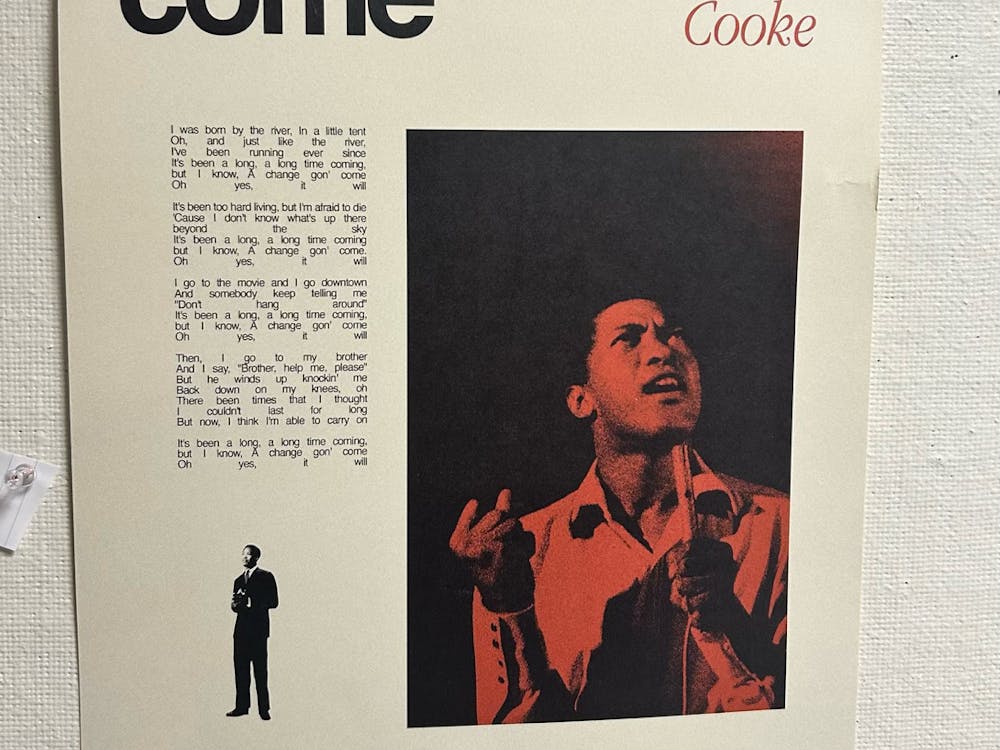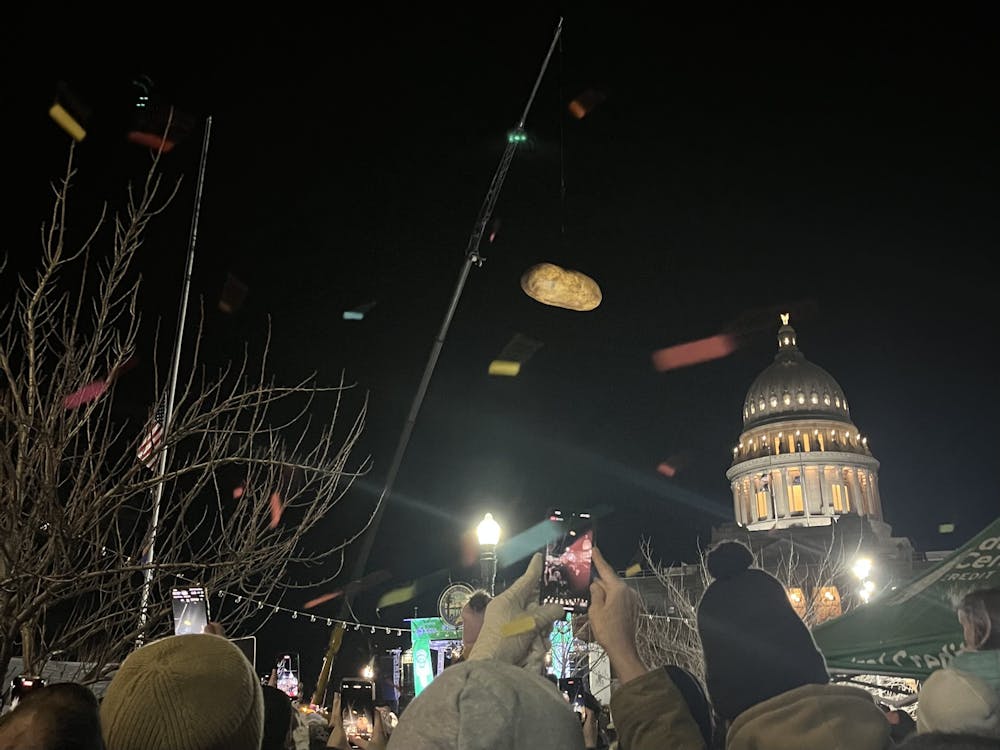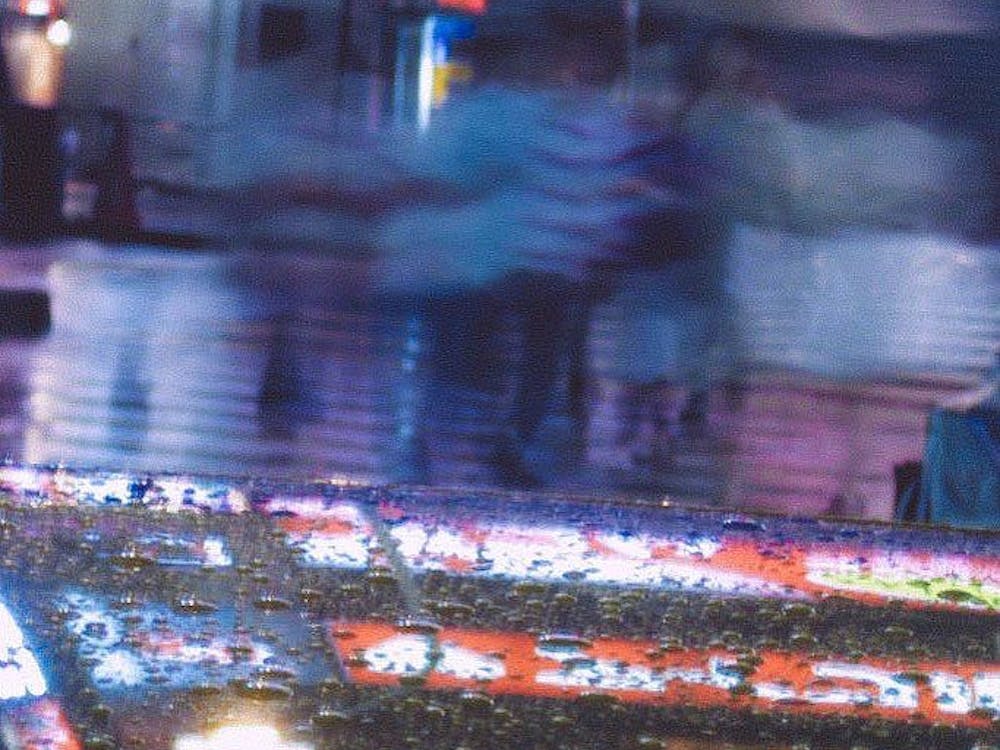APRIL FOOLS’: This article was published as part of The News-Letter’s annual April Fools’ edition, an attempt at adding some humor to a newspaper that is normally very serious about its reporting.
Undergraduate researchers at the John Hopkins Department of Psychological and Brain Sciences conducted a SONA study last week and found that a vast majority of undergraduate students believe there to be a hidden “s” in the University’s name. Since its establishment in 1876, the University has claimed its name from philanthropist John Hopkins. However, many students have disagreed with this fact, stating that the University has always been named Johns Hopkins University.
The researchers reported that they surveyed over 2000 students and found that 98.3% of them believed there was an “s” behind “John” of John Hopkins University.
This result is quite surprising, as Johns is not nearly as common of a name as John. Throughout the 1800s alone, John was reportedly the most popular name for a male child. In contrast, only a few individuals were called Johns, which historians report was most likely due to a handwriting flaw on these children’s birth certificates, as no parent would knowingly torture their child with that name. Therefore, it is perplexing as to why such a large proportion of our student body possesses this misconception about the University’s name.
In an interview with The News-Letter, Gabrielle Gaslighté, the study’s lead researcher, explained that this is most likely due to a phenomenon known as the Mandela Effect.
“It is likely that a rumor regarding the institution’s name spread from a student back in the mid-1900s then proliferated on campus to become such a well-known misconception,” she said.
The Mandela Effect is when multiple people have the same error in their memory of a certain event or person. An example of this effect may be the iconic line from Star Wars commonly believed to be, “Luke I am your father.” In reality, the line is simply, “No, I am your father.”
According to Gaslighté’s team, only a small proportion of the University actually has a grasp on the correct spelling of the institution’s name. It has even spread to the University’s marketing team, as they posted a reel on Instagram last year, incorrectly vouching for the spelling of Johns rather than John.
Considering that John Hopkins University is a leading institution in research, it is incredibly embarrassing that both students and administration fail to correctly identify the University’s name. Not only is it concerning that this misconception has proliferated to such a great extent, but the gullibility of the student body has come into question.
Are students so willing to believe a random “fact” read on the internet? If another student says the sky is green, will a student believe it?
Gaslighté’s team conducted a follow-up study to investigate this gullibility. They discovered that Hopkins students are more gullible than the average 8-year-old. Several students believed that if they pulled an all-nighter for an Organic Chemistry exam the night before without attending a single lecture or taking any notes, they could still successfully obtain an A. They believed this far-fetched dream due to the fact that “some kid the year before did it.” When asked who this kid was, no student could provide a name.
Gaslighté emphasized that the University must do better to inform students of the correct spelling of its name.
Therefore, as the University’s number 1 source for campus news, The News-Letter reports that the institution’s name, once and for all, is John Hopkins University. There is no “s” following John, and there never was. Please seek help as soon as you can if you are one of the students gullible enough to believe the University is called Johns Hopkins University.





